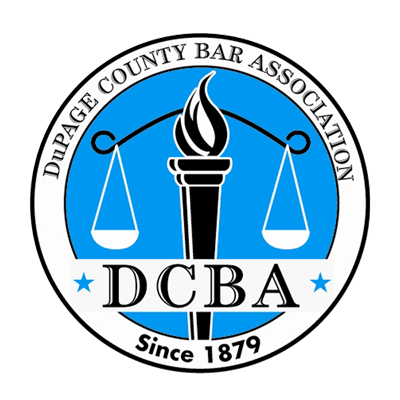
One of the surprises that many injury victims experience is how quickly medical bills can accumulate. If someone is hurt in an accident, then a trip to the emergency room, along with any following treatment or rehabilitation, can easily end up in the tens of thousands of dollars. It is important that these medical expenses are covered, if possible, by an insurance company or responsible party. If you have been injured in an accident caused by another, then make sure to speak to an experienced personal injury attorney.
What Are Medical Expenses?
Medical expenses refer to the immediate and continued costs incurred due to someone’s injury or injuries. When someone is injured, they are responsible to cover expenses including:
- Ambulance transport
- Emergency room care
- Any necessary surgery or treatments
- Any follow-up care or rehabilitation
- Any equipment required for rehabilitation
- The cost of medicine
If someone is injured because of someone else’s conduct, then they can potentially have those medical expenses covered by making a claim or filing a lawsuit.
When Can Medical Expenses Be Covered?
Medical expenses can be covered either by your own medical insurance or by the insurance of the individual or entity that caused your injuries. If you are injured in a car accident, then your medical expenses can be covered by the insurance company of the party responsible for the accident. If you are injured in a slip and fall accident, then your medical expenses can be covered by the insurance company of the premises’ owner or operator. In most cases, you are required to prove fault on the part of the defendant to have a court order your medical expenses to be paid.
Is There a Limit on Coverage for Medical Expenses?
There is no limit on the total medical expenses that can be covered by state law. Medical expenses are usually limited by insurance policy limits of the insurance coverage that exists for any given personal injury case. While a defendant cannot simply challenge the number of medical expenses, the defendant can challenge the reasonableness of any medical bill. The defendant can do this by calling witnesses to demonstrate what the typical costs for similar procedures or medical serves are. This rule is in place to prevent plaintiffs from inflating medical bills to try to receive additional money.
What is the Collateral Source Rule?
The collateral source rule is a state law that prohibits the defendant in a personal injury case from discussing or inferring that the plaintiff had received money from other collateral sources to try to reduce liability. Opponents to this rule state that it permits plaintiffs to recover multiple compensations. The state has continued this rule and would rather protect plaintiffs to ensure they receive the maximum recovery possible, instead of limiting recovery or diminishing the liability of a responsible party who caused the injuries.
How Long Do I Have to Request Payment for Medical Expenses?
The time limit you have to file a claim is known as the statute of limitations. In Illinois, the statute of limitations to file a personal injury claim is two years. This means that you have two years from the date of your injury to file a lawsuit with the court. If you miss this deadline, then you likely lose all potential compensation.
How an Attorney Can Help
If you have been injured in an accident, then it is critical that you get all of your medical expenses covered. Not all medical expenses are evident initially and an attorney can help you determine what your overall total medical expenses will be. Too often, medical expenses are incorrectly determined based on just the initial costs incurred by the injured party. When this happens, injured individuals leave money on the table in their personal injury cases. If you have legal questions, then call us at Cullotta Law so we can help!
Get Professional Assistance
If you have questions about a workplace injury in the Chicagoland or Aurora area, then it is important that you speak to an experienced attorney. At Cullotta Law, we are proud to offer free consultations with our attorneys. To schedule your consultation, call us at (630) 898-7800 or contact us online.





